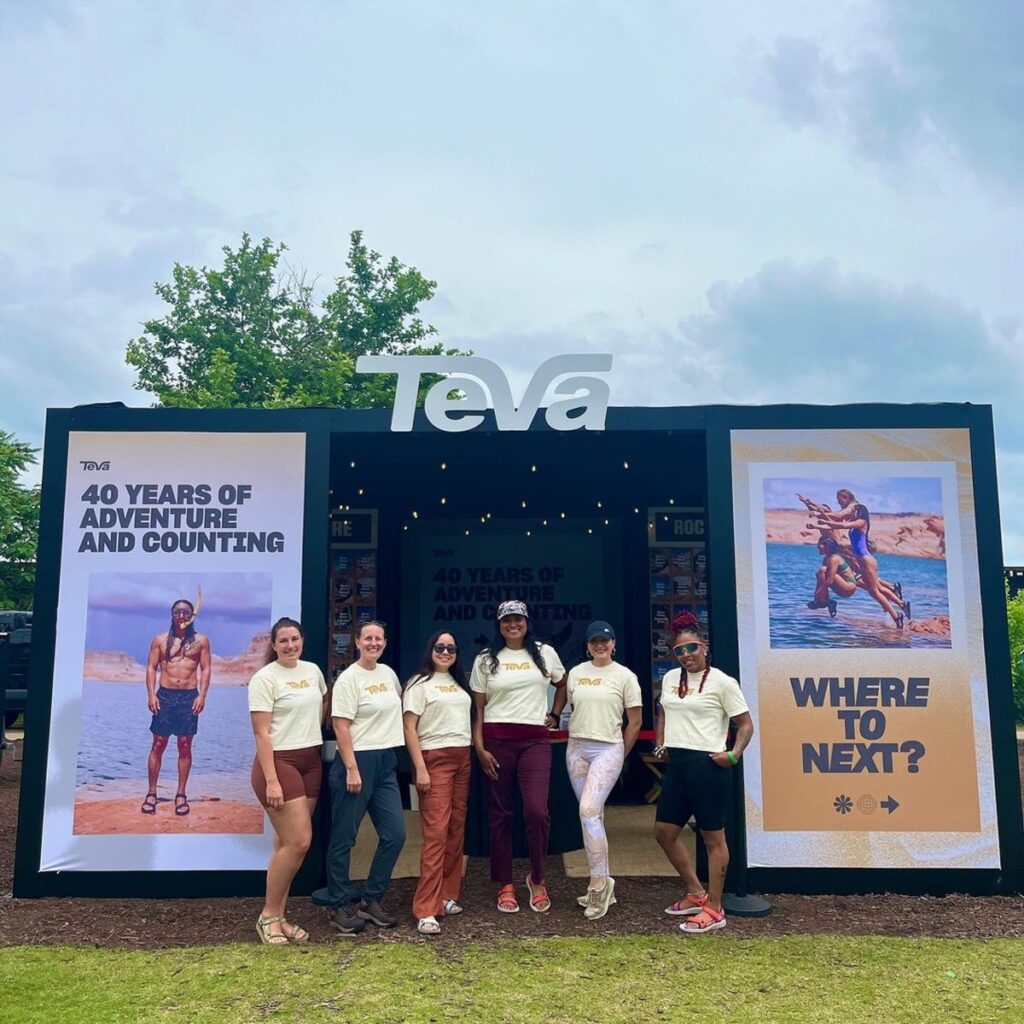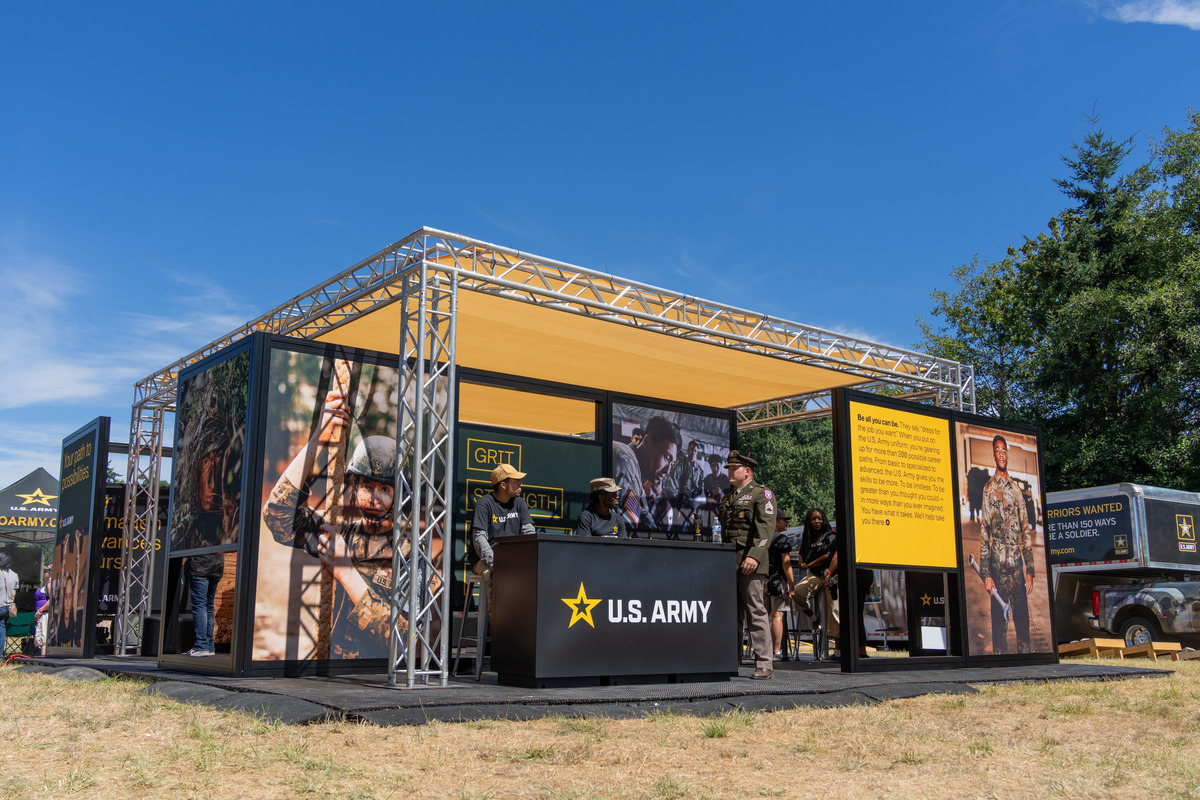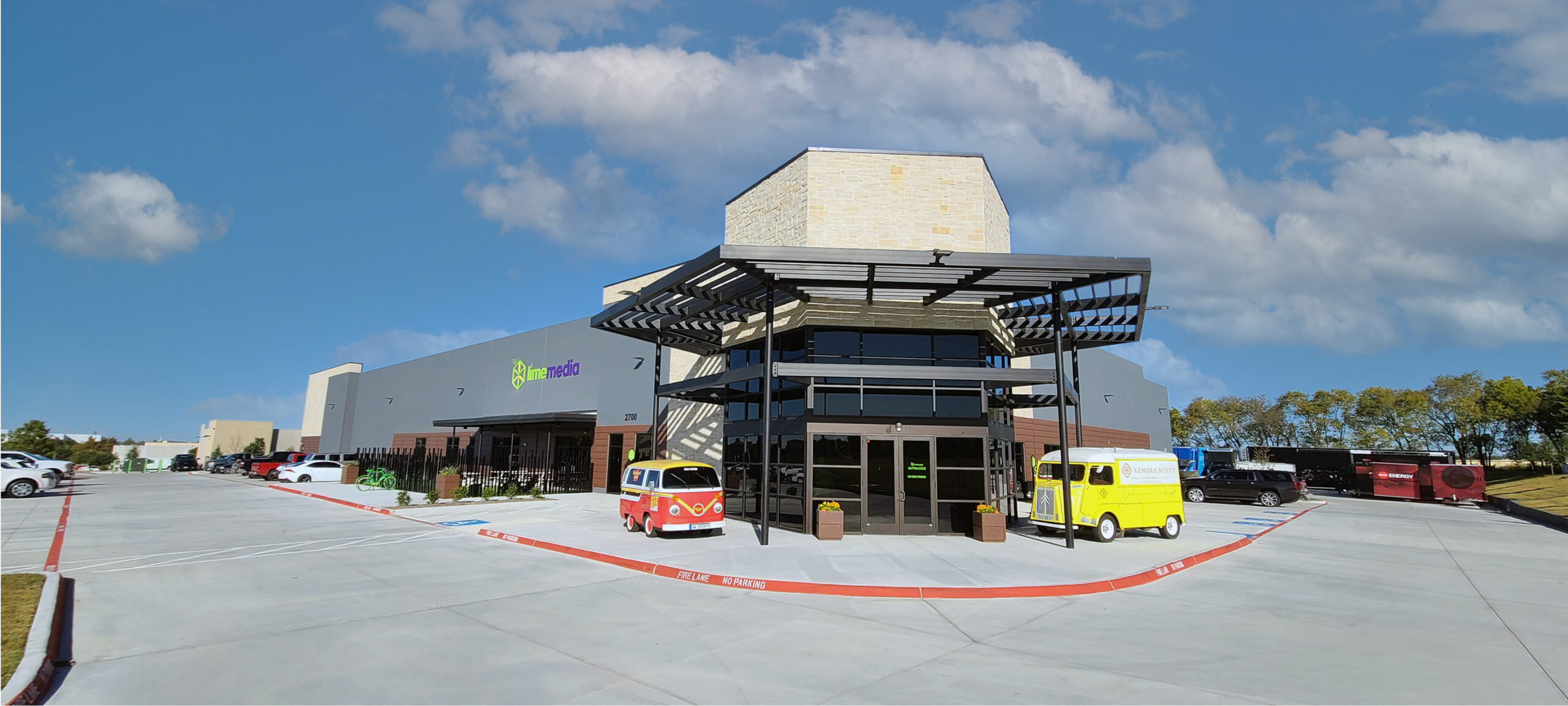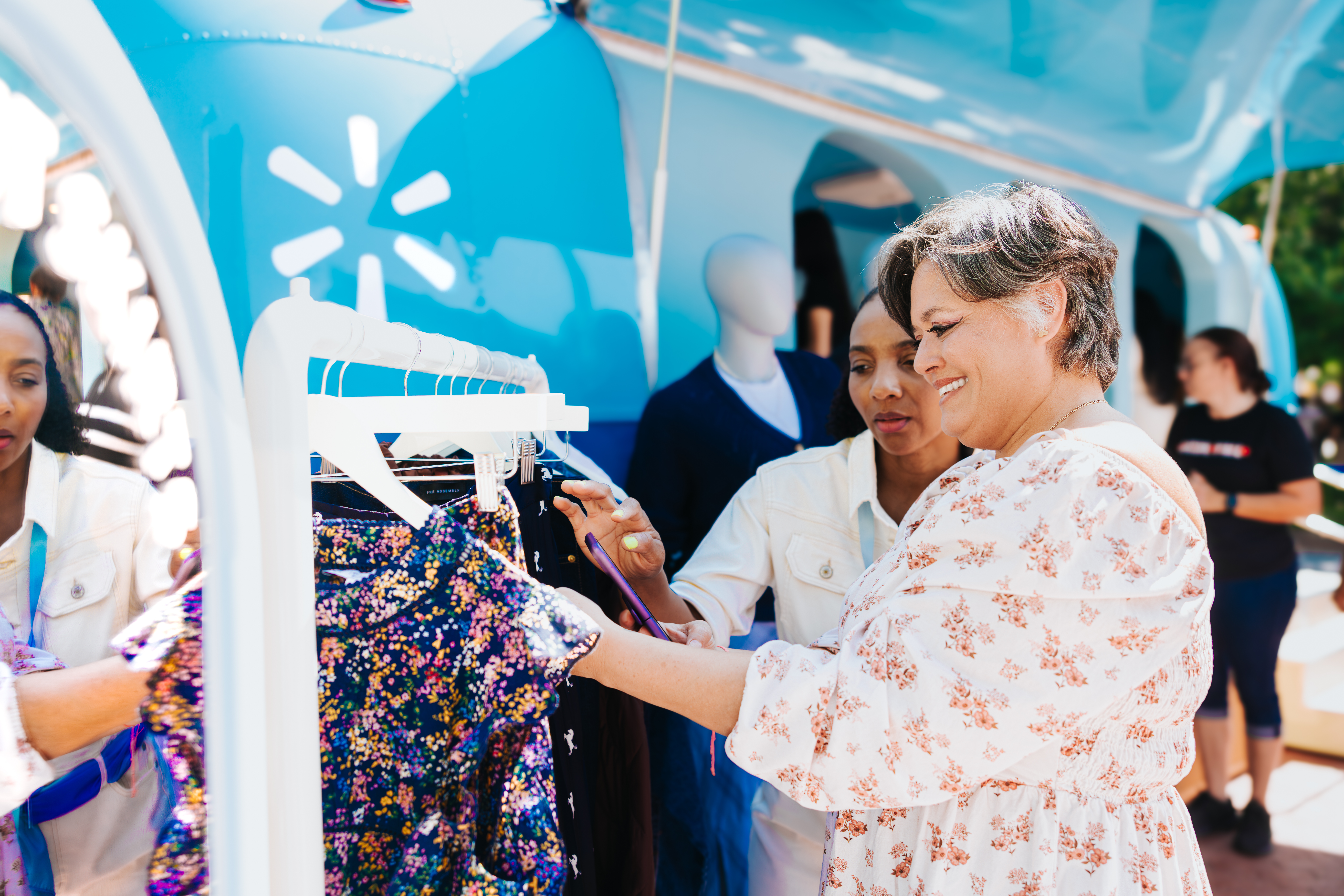Trade show and event marketing are important in building brand awareness and fostering meaningful connections with potential clients. As the holiday season approaches, it’s time to start planning your next big idea for trade shows and events that will make your brand stand out. Understanding what is experiential marketing and how it relates to trade shows can help you create more impactful strategies.
The Power of Trade Show Marketing
Trade show marketing remains a powerful tool in the modern business market. It provides a personalized platform for companies to connect with their target audience in a focused, interactive environment. Trade show marketing offers specialized opportunities for businesses to showcase their products and services while engaging directly with their target audience. Companies participating in trade shows can:
- Enhance brand visibility
- Generate high-quality leads
- Stay updated on industry trends
- Demonstrate products through live demonstrations
- Network with industry professionals
These benefits contribute to both short-term gains and long-term business growth. The face-to-face interactions facilitated by trade shows can significantly accelerate the sales process and foster lasting relationships. With these advantages, companies can position themselves as industry leaders and a gain a competitive edge in their market.
Basics of Trade Show Marketing
Trade show marketing is a multifaceted approach that goes beyond simply setting up a booth and distributing promotional materials. It demands a well-crafted strategy that aligns seamlessly with your overall marketing plan. Elements for understanding trade show marketing include defining clear objectives and selecting the right trade shows to participate in. Designing an engaging trade show booth is important, as is training staff for effective communication with potential clients.
Implementing effective lead capture strategies establishes you maximize your return on investment, while creating compelling promotional materials helps you stand out from competitors. Utilizing social media for pre-event promotion and during the event can amplify your reach and engagement. You can create a comprehensive trade show marketing strategy that drives results and enhances your brand presence in the industry with these core aspects.
Crafting Your Trade Show Marketing Strategy
A quality strategy for trade show marketing requires careful trade show planning and execution to yield the best results. A well-crafted trade show strategy can significantly boost your return on investment and help you stand out from competitors. A successful trade show presence begins with a solid strategy. Here are some steps to help you develop an effective trade show marketing strategy:
- Set specific goals
- Research and choose relevant trade shows
- Design an eye-catching booth
- Plan interactive exhibits and live demonstrations
- Develop a lead capture system
- Create a follow-up plan for after the event
Each of these steps plays an important role in your overall trade show success and helps you create a comprehensive approach that addresses all aspects of your trade show participation. Remember to review and adjust your strategy based on performance metrics and feedback from previous events to continuously improve your trade show marketing efforts.
Maximizing Your Trade Show Success

To maximize your trade show success, consider implementing a range of strategic tactics. Offering exclusive deals or promotions for attendees can create a sense of urgency and incentivize immediate engagement with your brand. Contacting industry influencers can help draw attention to your booth and lend credibility to your offerings. Hosting educational workshops or speaking sessions positions your brand as a thought leader and provides value to attendees.
Utilizing technology for engaging presentations can help capture and retain audience attention in a visually stimulating way. Implementing targeted networking strategies verifies that you connect with the most relevant contacts and potential leads at the event. Companies combining these approaches can create a compelling and memorable trade show presence that drives results.
Event Marketing: Beyond the Trade Show Floor
While trade shows are a significant component of event marketing, there are other opportunities to engage with your audience through mobile event marketing. This approach allows you to bring your brand directly to your target market, creating personal and memorable experiences.
Innovative Event Marketing Ideas
Event marketing is evolving beyond traditional trade show booths and static displays. Brands are now seeking more dynamic and immersive ways to connect with their target audience. Here are some innovative marketing event ideas that can help your brand stand out:
- Pop-up shops with personalization options
- Mobile product demonstrations using glass trucks or step vans
- Custom storage containers transformed into interactive brand experiences
- Seasonal activations, such as holiday-themed mobile showrooms
These approaches allow brands to create memorable experiences that engage consumers directly. Companies thinking outside the conventional event space can forge stronger connections with their audience and leave a lasting impression. The key is to align these innovative ideas with your brand identity and marketing goals.
Lime Media: Your Partner in Trade Show and Event Marketing
At Lime Media, we bring imagination to life through customized vehicles and innovative marketing experiences. Our expertise in mobile event marketing creates impactful brand activations that resonate with your target audience. We offer a range of services, including experiential marketing programs, mobile tours, pop-up retail experiences, smart LED billboard trucks, custom glass box trucks for mobile showrooms, and B2B roadshows for targeted industry events.
Lime Media stands out in trade show and event marketing with our extensive fleet of customizable vehicles, rapid turnaround times, ability to fabricate and execute in diverse spaces, and commitment to creating tailored solutions for each client. By partnering with us, you gain access to a team dedicated to elevating your brand through innovative and memorable experiences.
Whether you’re planning for upcoming trade shows or seeking to create a custom mobile activation, we have the expertise and resources to bring your vision to life. Start planning your next trade show or event marketing campaign with Lime Media today, and discover how we can help you create unforgettable brand experiences that drive results.
Frequently Asked Questions
Are tradeshows a good way of marketing?
Trade shows offer a individualized platform for face-to-face interactions with potential clients and industry peers. They provide opportunities to showcase products, demonstrate services, and build brand awareness in a targeted environment. The concentrated nature of trade shows allows for efficient lead generation and relationship building. When executed effectively, trade show marketing can yield a high return on investment and accelerate the sales process.
What is trade show event marketing?
Trade show event marketing involves strategically participating in industry-specific exhibitions to promote products or services. It encompasses designing an engaging booth, creating compelling promotional materials, and implementing effective lead capture strategies. This form of marketing also includes pre-show promotion, on-site engagement tactics, and post-show follow-up to maximize the impact of the event.
How do you plan a trade show event?
Planning a trade show event starts with setting clear objectives aligned with your overall marketing strategy. Research and select relevant trade shows that match your target audience and industry focus. Design an eye-catching booth that reflects your brand identity and offers interactive elements to engage visitors. Develop a comprehensive promotional plan, including pre-show marketing, on-site activities, and post-show follow-up strategies to nurture leads and measure success.



